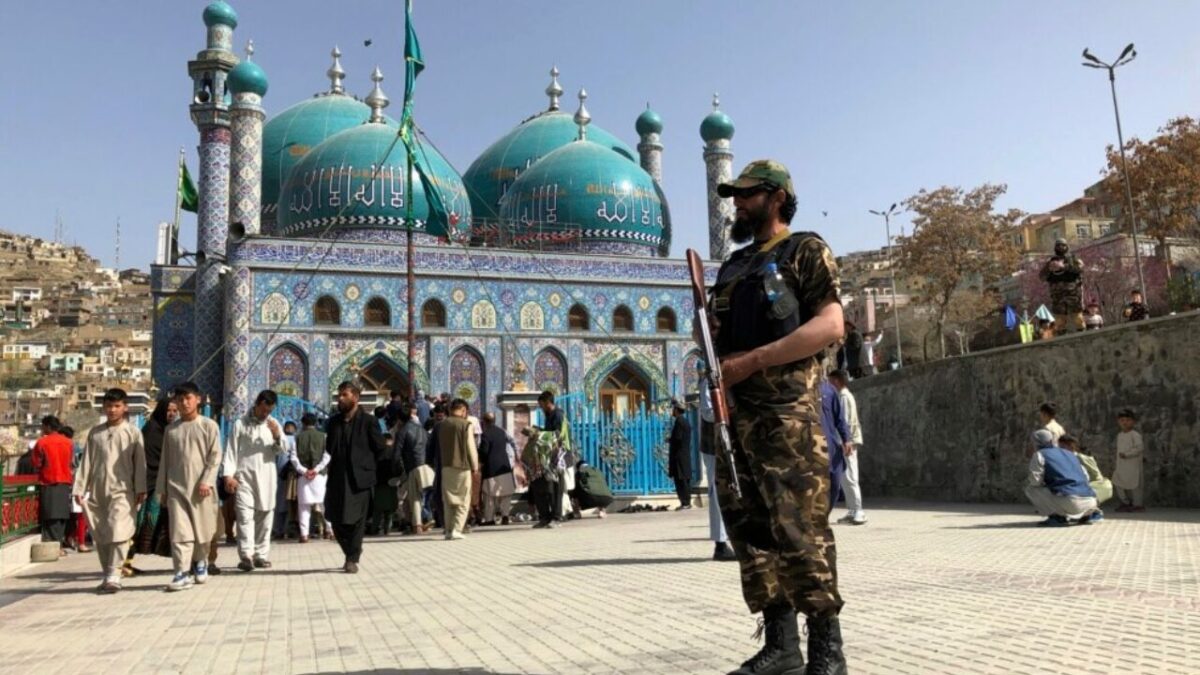KABUL, Afghanistan — The Taliban’s Ministry of Hajj and Religious Affairs has instructed mosque clerics across Afghanistan to include the Eid al-Fitr message of the group’s reclusive leader, Hibatullah Akhundzada, in their sermons during Eid prayers.
In a statement issued Saturday, the ministry directed clerics to not only discuss traditional Eid themes, but also highlight what it called the “major sections” of Akhundzada’s message.
In the message, released through Taliban-affiliated media, Akhundzada claimed that “security has been established across Afghanistan, and people should be grateful.” The remarks come amid ongoing reports of insurgent attacks, crackdowns on dissent, and an intensifying humanitarian crisis.
International organizations, including the United Nations, have repeatedly condemned the Taliban for widespread human rights violations, particularly those targeting women and girls. For over three years, females have been banned from secondary and higher education, as well as most employment.
Akhundzada’s Eid message made no reference to the ongoing education ban on girls. Instead, he emphasized that education “must be aligned with Sharia and based on Islamic beliefs,” referring only to “youth” in general terms. Notably, he addressed his greetings exclusively to “brothers,” omitting any mention of women.
He also dismissed the ancient Nowruz festival — a New Year celebration widely observed across the region — as a “celebration from the era of ignorance.”
Since returning to power in August 2021, the Taliban have implemented sweeping restrictions on women’s public presence and personal freedoms, including barring their voices from being broadcast, labeling them “awrah,” a term referring to something that must be hidden.





